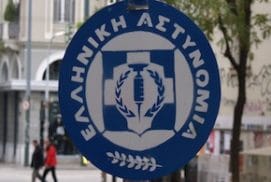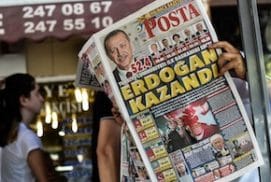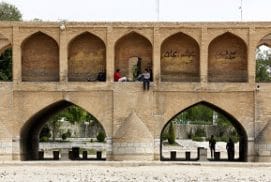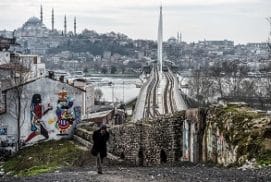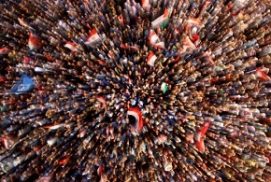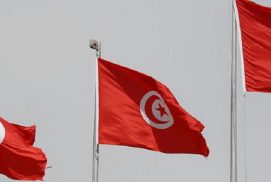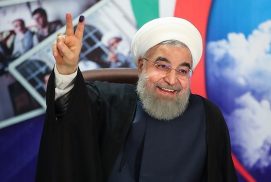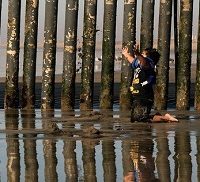This dossier stems from the debate sparked by Elizabeth Suzanne Kassab’s article—which opens this collection—on the transformation of the Arab intellectual scene after 2011. Her notion of a “new contemporary” in Arab thought prompted a series of contributions that do not aim to offer solutions, but rather to raise new questions, probe unresolved issues, and put forward critical perspectives. Bringing together Kassab’s essay and two related pieces, the dossier explores how Arab thought is redefining itself in light of the uprisings, the failures of political transitions, and the moral and intellectual rupture marked by Gaza.
Dossiers
- From Zuccotti Park in NYC to Tahrir Square in Cairo, occupy movements and other forms of urban protests have been powerful resistance movements against increasing inequality and marginalization as consequences of global neoliberal processes. These resistance movements also challenged the institutions of representative democracy, which have been irresponsive to the demands of the masses.
- On 24 June 2018, both parliamentary and presidential elections were held in Turkey. With the elections, the constitutional amendments of 2017 came into force leading to a fundamental change in the nature of the political regime in Turkey towards even more authoritarian lines. Focusing on the last constitutional amendments and the recent elections, in this dossier, our contributors address a variety of issues that are critical to understanding different aspects of today’s Turkey.
- Is the Iran nuclear deal dead? Perhaps not, after all, in spite of president Donald Trump’s decision to withdraw the United States from the Joint Comprehensive Plan of Action (JCPOA), as it is formally known.
- Indonesia has been able to emerge from years of difficult dictatorship and from the grip of the financial crisis of the late 90s, persisting with the development of its coexistence model.
- One year and a half after the attempted coup d’état, the political and social situation in Turkey continues to be extremely critical. While the state of emergency is still in force after having been extended every three months since July 21st, 2015, the groundwork is being laid in the country, preparing for the 2019 general election which is expected to bring into force the presidential regime approved by the much-debated referendum.
- The Arab world has been debating the question of the form of the state for the last two centuries, and division as well as diversity in the debate is visible both theoretically as well as politically. The situation of turmoil in that part of the world testifies to the vitality and disagreements on the future of such a state.
- Six years after the 2010-2011 uprising, the so-called Arab Spring, that started in Tunisia and spread across the Arab region, the country is actually going through a difficult phase of transition to democracy. In our dossier we focus on three aspects: the political one with an analysis of Al-Nahda’s political evolution (Longo), the economical recovery (EL Houssi) and the lasting social tensions (Mbarek).
- Islam is no longer a transitory phenomenon but European societies seem to consider Islam, in recent years, more a threat than an advantage. Our dossier presents some reflections which consider Islam as an element of European society and as a propagator of Europeanization. An analysis is also given of the implications of the role of Islamic organizations working in Europe but connected to governments of other countries, such as the Turkish Islamic organizations active in Germany. Lastly, we propose two essays on two recent films concerning a rapidly increasing phenomenon, the radicalization of younger generations in Europe and a book review on the Burkini debate.
- On Friday May 19th Iranians lined up at polling stations in such numbers that elections officials had to extend the voting until midnight, confirming that the abstention risk was only a spectre. President Hassan Rouhani has been re-elected for a second term with a massive turnout both in rural areas and in large cities. Our dossier analyses different aspects and motivations of its result, from women and workers point of view to more geopolitical and economic aspects.
- From India to Russia, the world is experiencing a new rise of illiberal trends and the return of strongmen. Reset DOC ‘s articles try to analyze this ongoing process and its actors.



